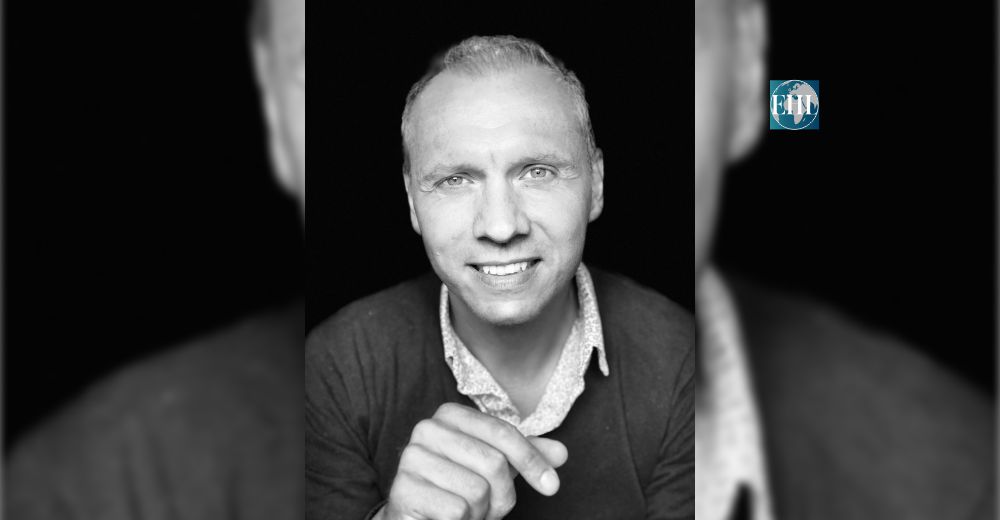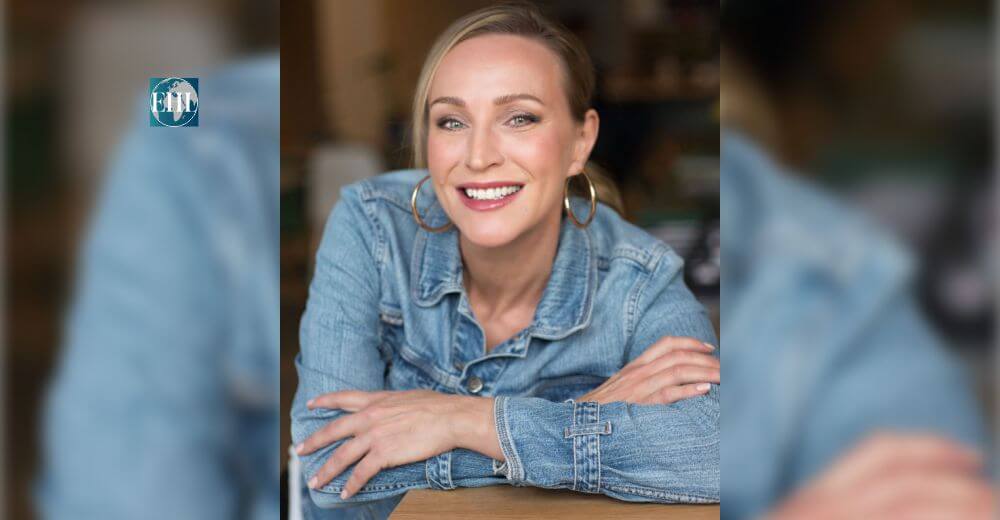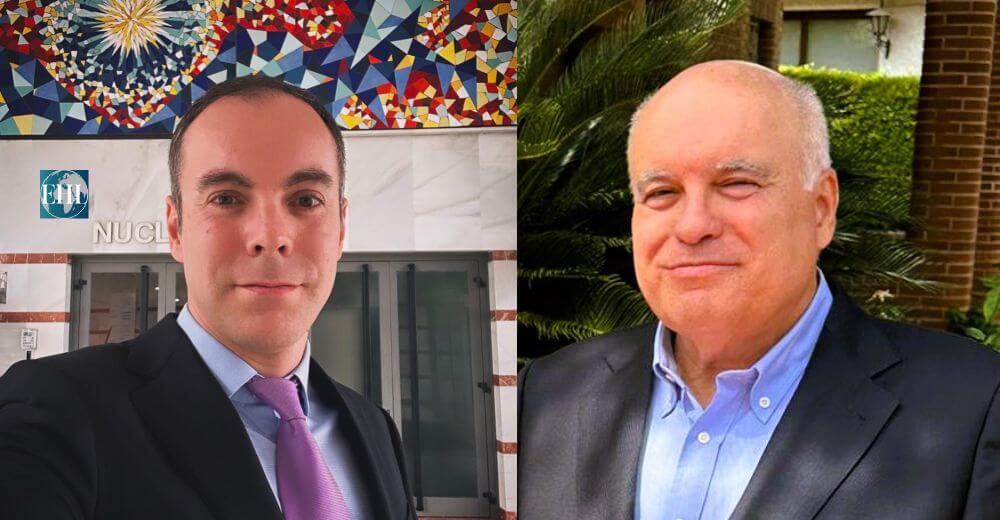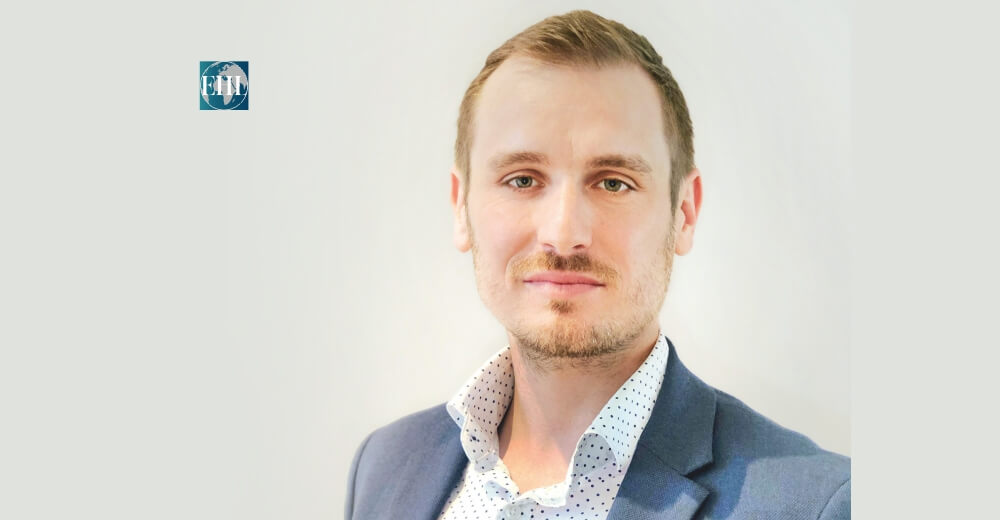Disrupting the Water Crisis
The global water crisis is a ticking time bomb, with over two billion people still denied access to safe drinking water. Today’s advanced Solar Water Disinfection (SODIS) technologies are far superior to the outdated practice of leaving PET bottles in the sun. Modern solutions are specifically engineered to exceed WHO standards for safe drinking water, making them the most environmentally sustainable and affordable way to deliver clean water in sunny regions.
Clean water isn’t just a human right—it’s the bedrock of life and global progress. Yet today, over two billion people are denied this basic necessity. This is more than a crisis—it’s a global emergency demanding immediate, bold action. Innovative water purification technologies are no longer optional; they are the catalyst for revolutionizing global health, breaking poverty cycles, and empowering communities worldwide.
The Global Water Crisis: A Ticking Time Bomb
Every day, nearly 1,000 children die from diseases caused by unsafe drinking water—deaths that are entirely preventable. Diarrheal diseases like cholera and dysentery wreak havoc on vulnerable populations, stealing futures and perpetuating poverty. This silent killer doesn’t just attack health—it sabotages education, cripples economies, and reinforces gender inequality.
Climate change exacerbates this crisis, amplifying droughts, floods, and water scarcity. Communities are being displaced, conflicts are erupting over dwindling resources, and progress toward sustainable development is slipping through our fingers.
Game-Changing Technologies: The Future of Clean Water Is Now
Traditional water purification methods like boiling, chlorination, and ceramic filtration each have significant limitations. Boiling requires scarce and expensive fuel, contributing to deforestation and indoor air pollution. Chlorination is less effective against protozoa, difficult to dose, and can leave unpleasant tastes. Ceramic filtration, though effective against many pathogens, struggles with viruses and requires careful maintenance.
Solar Water Disinfection (SODIS) offers a transformative solution. By harnessing the sun’s natural UV-A and UV-B rays, SODIS effectively neutralizes bacteria, viruses, and protozoa. Endorsed by the World Health Organization, this chemical-free method transforms contaminated water into safe drinking water in just four hours. Modern SODIS products, such as 4Life Solutions’ SaWa Can and SaWa Flex, provide durable and scalable solutions that deliver up to six liters of purified water—meeting WHO standards—for less than $0.50 per person annually.
Building Trust in Innovative Solutions
However, the success of SODIS and similar innovations hinges not only on their effectiveness but also on community trust. In many rural areas, SODIS is not widely known or readily accepted as a reliable method for water purification. Overcoming skepticism requires innovative distribution models that engage communities directly.
Peer-to-peer approaches, particularly through women’s groups and community health workers, have shown remarkable success in building trust. For example, in Kenya, community health volunteers have effectively introduced new health technologies by demonstrating their use and benefits firsthand. Coupled with micro-loans, these grassroots models empower users to invest in their health while fostering confidence in new solutions. Trust is not built overnight; it is earned through consistent engagement, local advocacy, and demonstrable impact.
Empowering Communities Through Microfinance
Access to sustainable water solutions should not be a privilege. Microfinance models empower families to purchase affordable, long-lasting purification products, fostering ownership and sustainability. By partnering with microfinance institutions, communities can invest in products like SODIS devices through small, manageable loans. This approach not only addresses immediate health needs but also stimulates local economies and encourages self-reliance.
Beyond Health: Unlocking Economic Power and Environmental Resilience
Access to clean water is economic liberation. When women and girls are freed from the burden of collecting water, they gain time for education and income-generating activities. Households save on medical expenses, and community productivity increases.
SODIS technologies also combat environmental degradation. By eliminating the need for firewood and reducing plastic waste, these solutions help fight deforestation and pollution. Products like the SaWa Bag can even be upcycled into roof tiles, contributing to a circular economy.
Mobilizing Capital for Maximum Impact
Despite their proven effectiveness, sustainable water solutions are underfunded. With 91% of water sector financing relying on overstretched public funds, private capital must rise to the occasion. This is a trillion-dollar opportunity to achieve both financial returns and profound social impact.
Impact-driven investors, corporations, and microfinance institutions have a critical role in scaling these solutions. Africa’s water purification market alone is projected to exceed $600 million by 2027. This is more than a market; it is a movement where profit and purpose converge.
Catalyzing Global Change: The Path to 2030
Achieving the Sustainable Development Goals (SDGs) by 2030—specifically SDG 6 (Clean Water and Sanitation), SDG 3 (Good Health and Well-being), SDG 5 (Gender Equality), and SDG 13 (Climate Action)—requires bold investments in sustainable water solutions. By scaling affordable, adaptable technologies like SODIS, we can build resilient communities and transform global health.
Conclusion: The Time for Action is Now
We stand at a crossroads. Innovative solutions like SODIS are not future possibilities—they are present realities ready to disrupt the status quo and deliver safe water globally. Through strategic investments, scalable business models, and community empowerment, we can make clean drinking water a universal reality.
This is our call to action. Investors, governments, innovators—the time to act is now. Let’s turn groundbreaking ideas into unstoppable movements and rewrite the narrative of the global water crisis. Together, we can provide safe drinking water for all and build a healthier, more equitable world.
About the Author: Jonas Pilgaard, CEO
Jonas Pilgaard is a visionary entrepreneur and CEO of 4Life Solutions, dedicated to delivering affordable, safe drinking water to vulnerable communities. He co-founded and led Spektral, a groundbreaking tech startup acquired by Apple. Beyond leading 4Life Solutions, Jonas invests in impactful startups addressing global health and accessibility challenges, driving innovation and social change.









